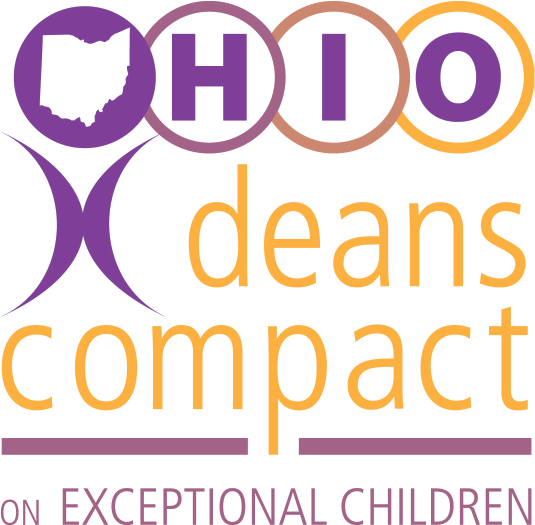Introduction & Intended Outcomes
Welcome to DataSTARS: Database of Sharing, Teaching, & Applying Reading Strategies!
DataSTARS is the result of work done out of a grant called: Preparing Teachers to Use a Variety of Evidence-Based Reading Strategies & Tools in the Science of Reading through Creation of a Shared Virtual Database: A Collaboration between Pre-service and In-service Educators – Applied in Virtual & F2F Environments.
- This virtual database houses demonstrations and tutorial videos of reading strategy evidence-based practices (EBPs). These EBPs can be implemented in the classroom. The artifacts shared within the database can be used as teaching tools in the K-12 classroom to improve literacy.
- The work through this project presented opportunities for authentic partnerships with school partners to occur in order to promote purposeful collaboration between preservice and in-service educators at the P-20 level.
- An objective of this work is to improve access for struggling and ALL learners with high quality literacy instruction, to be shared with school partners.
- Another objective is to provide both preservice and in-service educators the opportunity to share inquiry into common reading literacy challenges with the goal of improving literacy results for ALL learners.
- This link will take you to a padlet that showcases Virtue Projects that were created by pre-service teachers. This Virtue Project Padlet provides both pre-service and in-service educators the opportunity to analyze a book and link it to a virtue. Some of these lessons have also incorporated a DataSTARS strategy. You can access the Virtue Project here.


